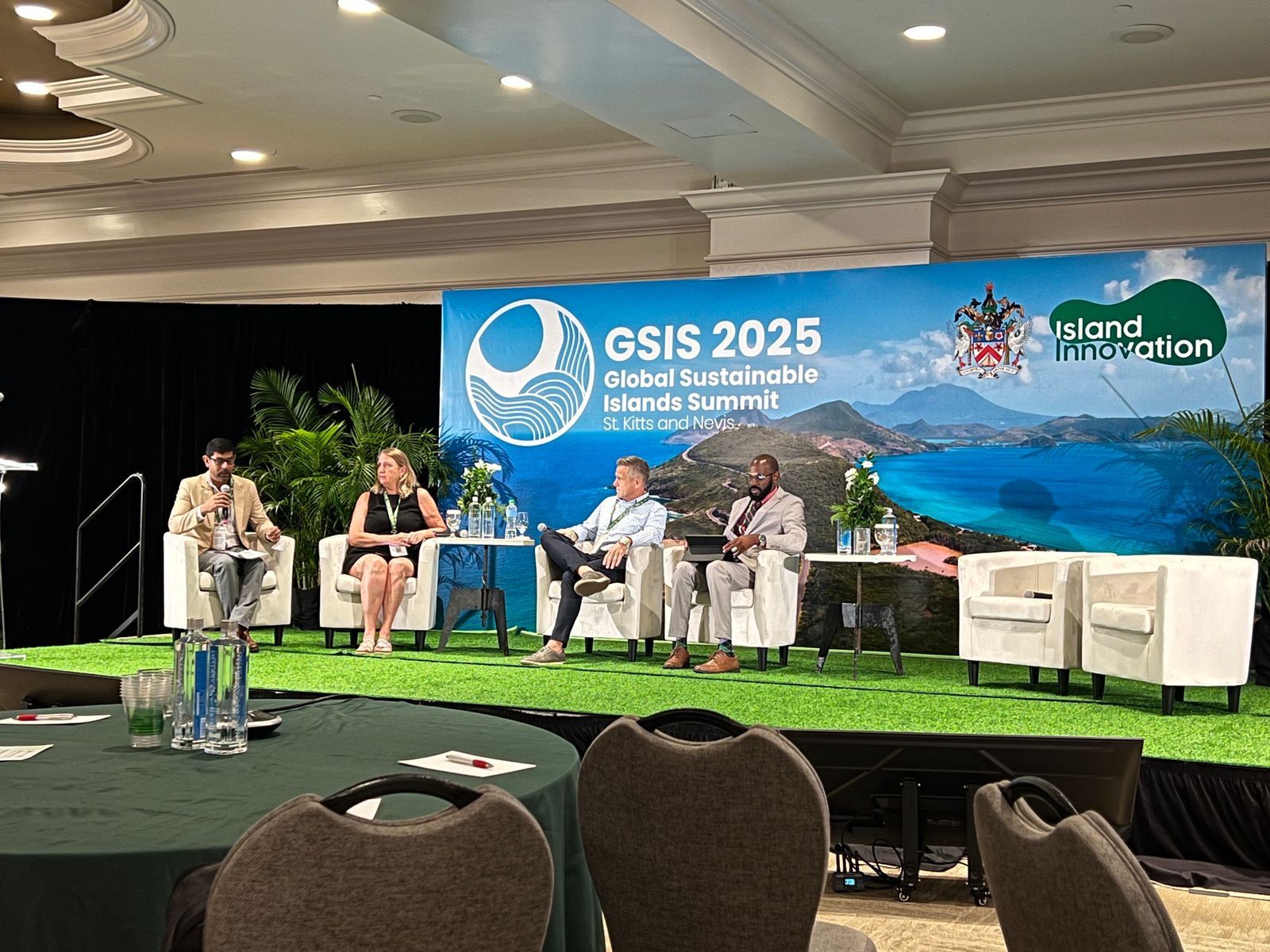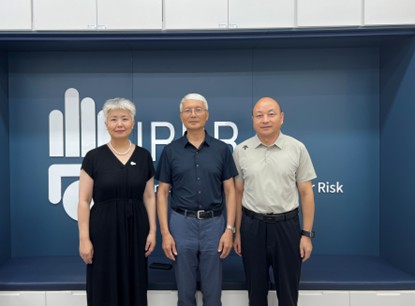From 12–14 August 2025, the ASEAN Sustainable Urbanisation Forum (ASUF) attracted 9,120 participants from 66 countries, including over 300 governors and mayors, at the Kuala Lumpur Convention Centre. Under the theme ASEAN Future Cities and Regions: Inclusivity and Sustainability, the event served as a global platform to advance urban resilience.
IRDR co-organised a special session on Resilient Heritage: Safeguarding ASEAN’s UNESCO Sites for a Sustainable Future on 13 August 2025. The fully attended session brought together experts from UNICEF, UNESCO, Universitas Gadjah Mada (UGM) Indonesia, Asian Civil Engineering Coordinating Council (ACECC) Japan, George Town World Heritage Incorporated (GTWHI), and others. This was convened and moderated by IRDR Scientific Committee Member Dr. Khamarrul Azahari Razak, who is also the Director of Disaster Preparedness and Prevention Center (DPPC), and Dr. Wan Nurul Mardiah binti Wan Mohd Rani from Universiti Teknologi Malaysia (UTM).
Prof. Mikio Ishiwatari (ACECC Japan) presented Japan’s post-2011 tsunami innovations in digital heritage conservation, including the Shiryo-ne initiative, which preserved over 350,000 historical records. YB. Ir. Ts. Zahir Hassan (APPGM-DRM) called for embedding disaster risk reduction (DRR) into ASEAN’s economic agenda, backed by digital early warning systems and grassroots-led adaptation. Ms. Faduma Ali (UNESCO) stressed the integration of satellite technology with Indigenous knowledge to safeguard ASEAN’s 51 World Heritage Sites, noting that “resilient heritage requires both orbital data and on-the-ground wisdom.”
IRDR Executive Director Prof. Saini Yang presented scientific frameworks for coastal megacity resilience, stressing that “resilience isn't just stronger buildings, it's integrated systems rooted in local contexts.” Closing the dialogue, Mr. Sufyan Aslam (UNICEF) emphasised child-inclusive DRR planning, highlighting the role of youth in redefining heritage preservation for future generations.
The discussions drew attention to heritage's dual role as cultural treasure and economic driver in ASEAN. Effective DRR strategies must balance technological solutions with community engagement, particularly involving youth, to maintain living cultural identities. As Prof. Ishiwatari noted, "When disaster strikes, we don't just lose objects, we lose part of who we are."
In summary, the Southeast Asia region (ASEAN) contributed about half of the world's economic losses due to disasters in the last two decades. With more than 600 million people living in this region, predicted USD 4.5 trillion GDP in 2030, and an increasing number of foreign tourists to ASEAN (125 million people in 2024), the risk-informed planning and resilience strategies are very critical for protecting and preserving our cultural heritage at a city-level as a result of new, emerging hazard, systemic risk and compounding disaster induced by climate change, and extreme weather events. This session rejuvenates multi-tier resilient heritage strategies, and promotes a thought-provoking session to explore a new technological solution, supported by scientific evidence and knowledge exploration. The session reinforced IRDR's commitment to science-based solutions that protect both cultural heritage and urban resilience across ASEAN.For more details: [Concept note][Report]





